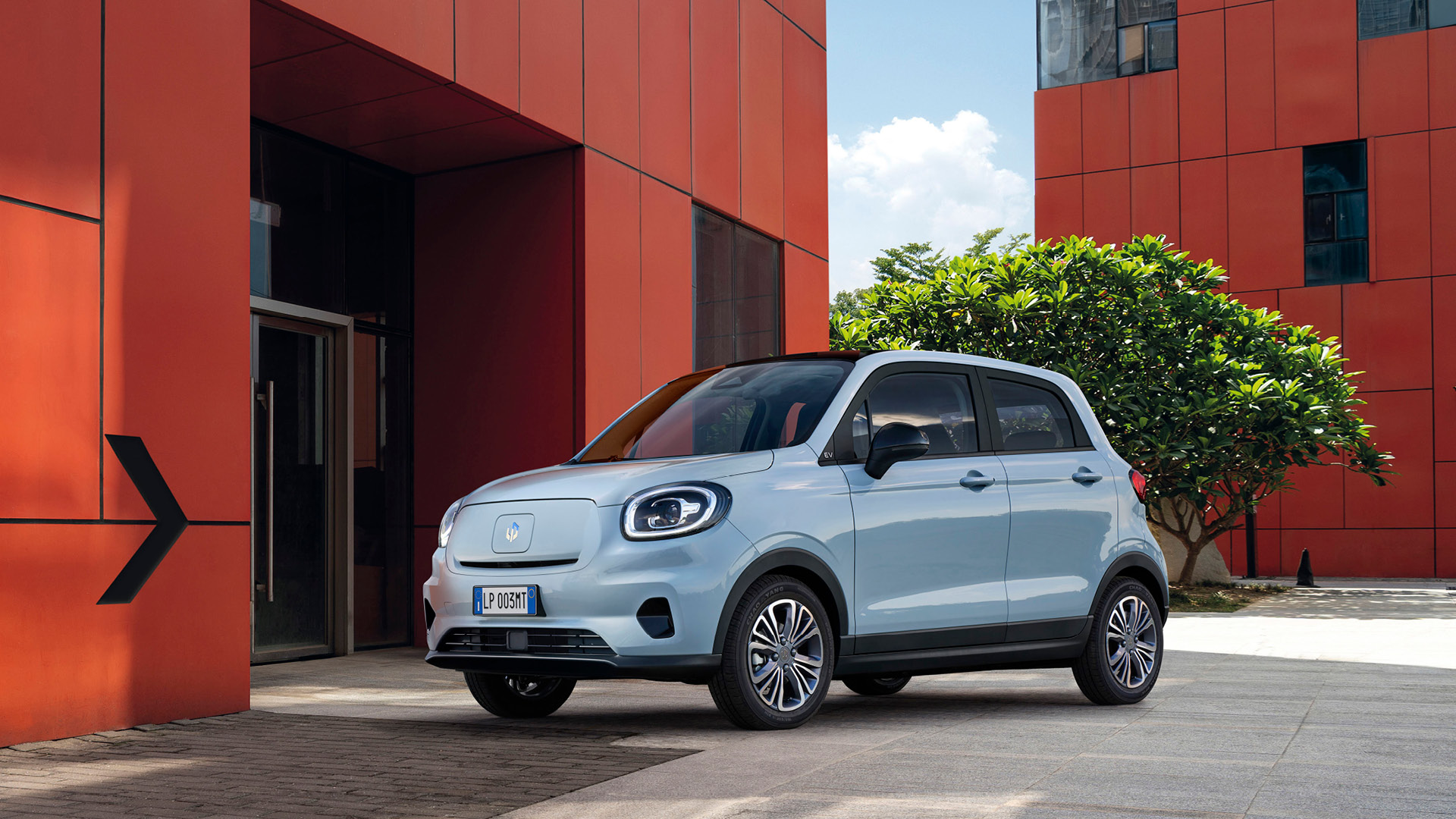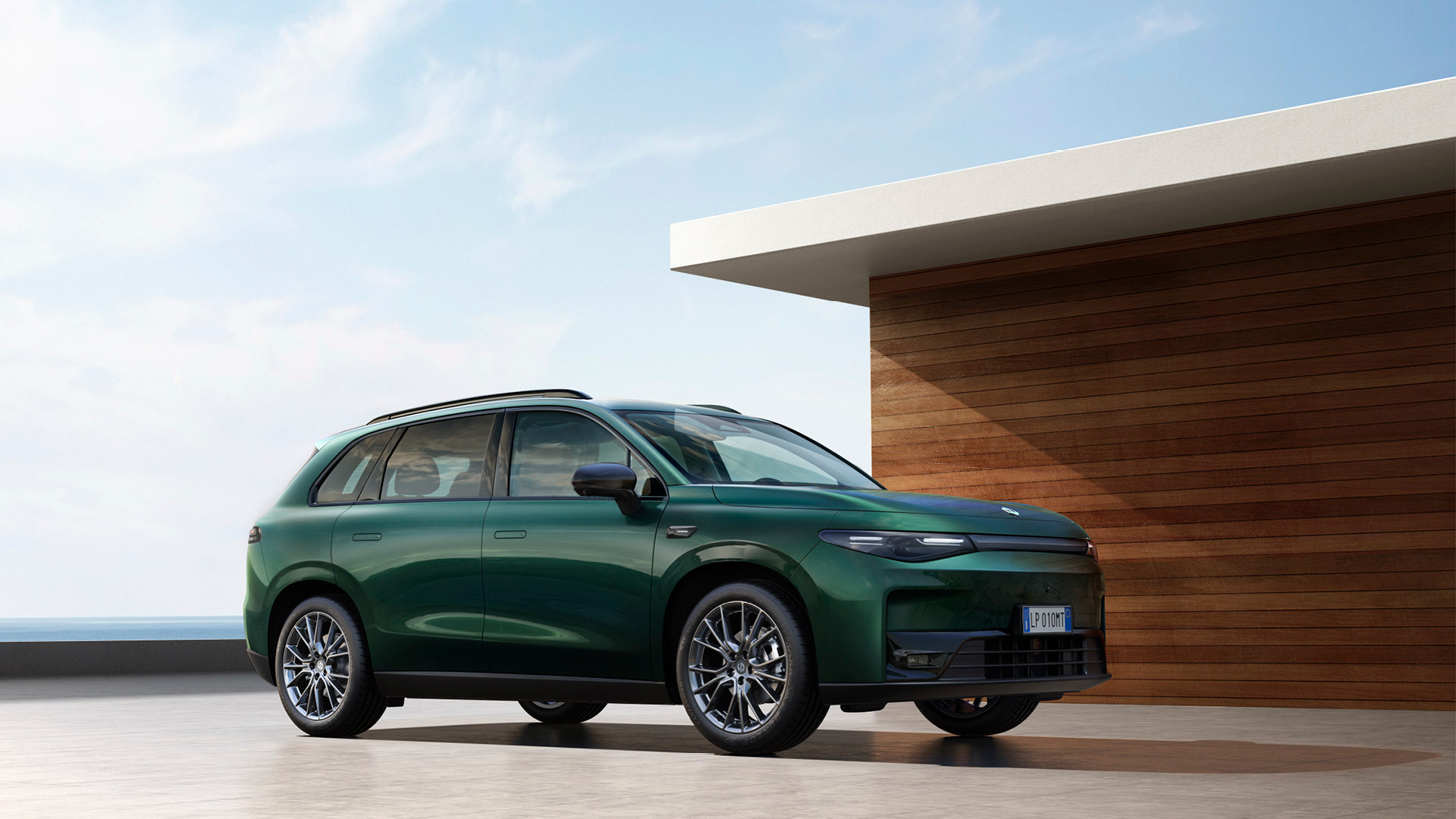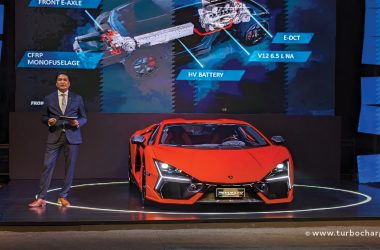Automotive conglomerate Stellantis has officially announced that its China-based electric sub-brand Leapmotor will be launched in India soon. Leapmotor originally began operations as a startup in 2015 and Stellantis acquired a considerable share in the company in 2023. Leapmotor currently sells a selection of compact city cars, SUVs and sedans in multiple overseas markets, which are a mix of pure EVs and also series-hybrid (equipped with a range-extender engine which charges the batteries on-the-go) vehicles for added flexibility and practicality.

While there is no official announcement regarding the initial models being considered for launch, the T03 EV, which is a compact electric car, could be a good choice. It is available in international markets with a 37.3kWh battery pack and a front-mounted motor good for 95PS and 158Nm while boasting a 265km (WLTP) range. Being a front-wheel drive, four-door hatchback, the T03 would compete with Tata.ev’s Tiago.ev if launched. On the other hand, the C10 SUV could also be one of the models leading Leapmotor’s ‘charge’ in India. At 4.7 metres long, this rear-wheel drive SUV is available either as a pure EV—with a 70kWh battery pack, 217PS, 320Nm and 424km (WLTP) range—or a series-hybrid model with a smaller 28.4kWh battery pack, similar electric powertrain and a 1.5-litre petrol range-extender engine which produces 68PS in overseas markets. The series-hybrid variant has a claimed range of over 950km.

EVs are gaining popularity rapidly in the country. Homegrown manufacturers like Tata and Mahindra have invested heavily in their EV portfolios, with Mahindra going as far as developing a brand-new EV-only platform to underpin its range of new electric vehicles. Furthermore, foreign manufacturers have also entered the EV space; MG Motor has been doing rather well with its EV portfolio, BYD has already started operations while Vietnamese EV giant VinFast is expected to begin production at its new Tamil Nadu-based factory soon. However, series-hybrids, which have range-extender engines charging the battery while not powering the drive wheels directly are quite a novel concept in the Indian automotive landscape, which, considering their exceptional practicality and lesser emissions compared to ICE vehicles, is frankly surprising. These vehicles combine the quick refuelling and long-range characteristics of ICE vehicles with the zero direct emission nature of pure EVs. We ourselves drove two series-hybrid Nissans on our recent trip to Japan; the Qashqai and the Note Aura, and came back impressed. Hopefully, we will see carmakers like Leapmotor bring in series-hybrid vehicles to our market. With this latest entrant, competition in the Indian EV automotive sector will heat up even more, and we are all for it.










